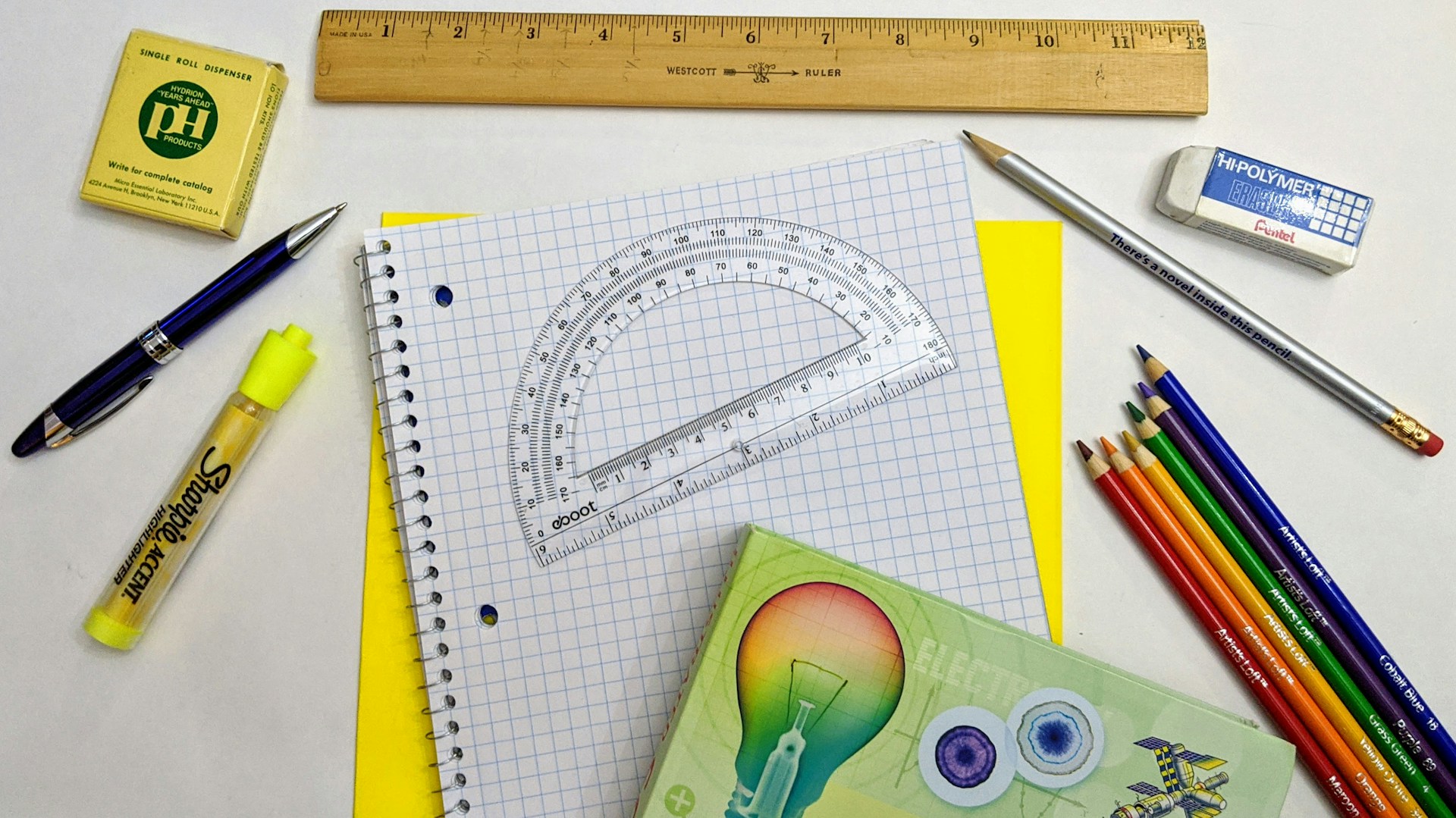This comprehensive job guide is designed for individuals aspiring to pursue careers as special educational needs (SEN) teaching assistants. It offers insights into the responsibilities, necessary knowledge, skills, required qualifications, education and opportunities for career progression associated with the role.
What do SEN teaching assistants do?
Special educational needs teaching assistants, commonly referred to as SEN teaching assistants or SEN TAs, support pupils with physical, behavioural or learning difficulties. They work under the guidance of teaching and SEN staff, assisting students across the national Key Stage curriculum levels 2 through 4, covering ages 5 to 16. Their responsibilities include aiding in lesson planning, adapting materials, and providing individualised support to SEN students.
SEN teaching assistants collaborate with both mainstream and SEN teachers to create inclusive learning environments that cater to the diverse needs of students. This involves modifying lesson plans to accommodate various abilities and using their communication skills, creativity and knowledge of learning support techniques to facilitate student engagement.









